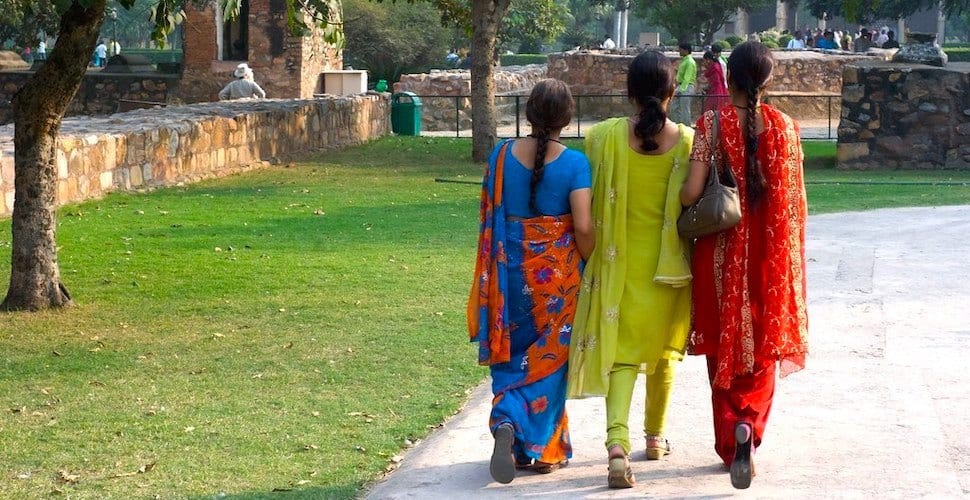Survivors of human trafficking and exploitation in India face significant hurdles in accessing the support they need to rebuild their lives. A lack of access to economic opportunities that would provide them with the financial security required to build their resilience to re-trafficking is one of these.
Despite the challenges, survivors are demanding better and leading the charge in securing access to support and opportunities for trafficking victims.
Media sensationalism
All too often, sensationalised representations of trafficking victims’ experiences and rescues are perpetuated in the media, presenting survivors as helpless and focussing on the most distressing details of their experience. But this framing doesn’t help anyone living through it.
“The media never talks about our resilience, activism, and leadership. Because we are portrayed as ill-fated victims, we are seen as useless, and this does not help us,” one survivor said. “People fail to see our courage and what we do once we are shown the way. For example, our activism has ensured that victims get compensation, which is a triumph. But no one knows about it.”
Broken systems
Systems set up to support survivors can instead contribute to retraumatization and the chances of victims receiving the support they need remain slim.
According to the 2022 Trafficking in Persons Report from the US State Department, between 2010-2018 less than 1% of trafficking victims were proactively awarded compensation by the Indian courts.
Law enforcement may be apathetic to trafficking victims’ cases if they are from poorer backgrounds, leading to their cases being deprioritized.
This comes amid claims of discrimination and mistreatment from officials tasked with assisting people through the aftermath of being exploited.
“They would say, ‘first you run away, and now you come to us for help.’”
Stigma is difficult to tackle but some survivors have begun to fight back.
Survivor victories
When uniting their voices together, survivors explain that they are more powerful and more likely to be successful in receiving compensation and access to justice.
Women survivors’ collectives across India, like Utthan, work to provide peer-to-peer support and mobilize trafficking survivors across Kolkata. They advocate for human trafficking laws and call for greater financial support to maintain their vital work.
Uma Chatterjee, the founder of the civil society organization Sanjog, said:
“When survivors talk among themselves, they form camaraderie and confidence, which gives a sense of hope,” she said. “They begin to relate with others and realise there are others like her in a similar situation. That way, a collective is created. They derive strength from each other. It helps them to overcome trauma and build resilience.”
My Story, My Dignity
The anti-trafficking movement must be led by people with lived experience who know directly what sustainable solutions look like and what survivors’ long-term needs are.
That’s why Freedom United is calling on the anti-trafficking sector to create the space for survivor leadership and representation. Send the pledge to an anti-trafficking organization today and ask them to sign!







Freedom United is interested in hearing from our community and welcomes relevant, informed comments, advice, and insights that advance the conversation around our campaigns and advocacy. We value inclusivity and respect within our community. To be approved, your comments should be civil.